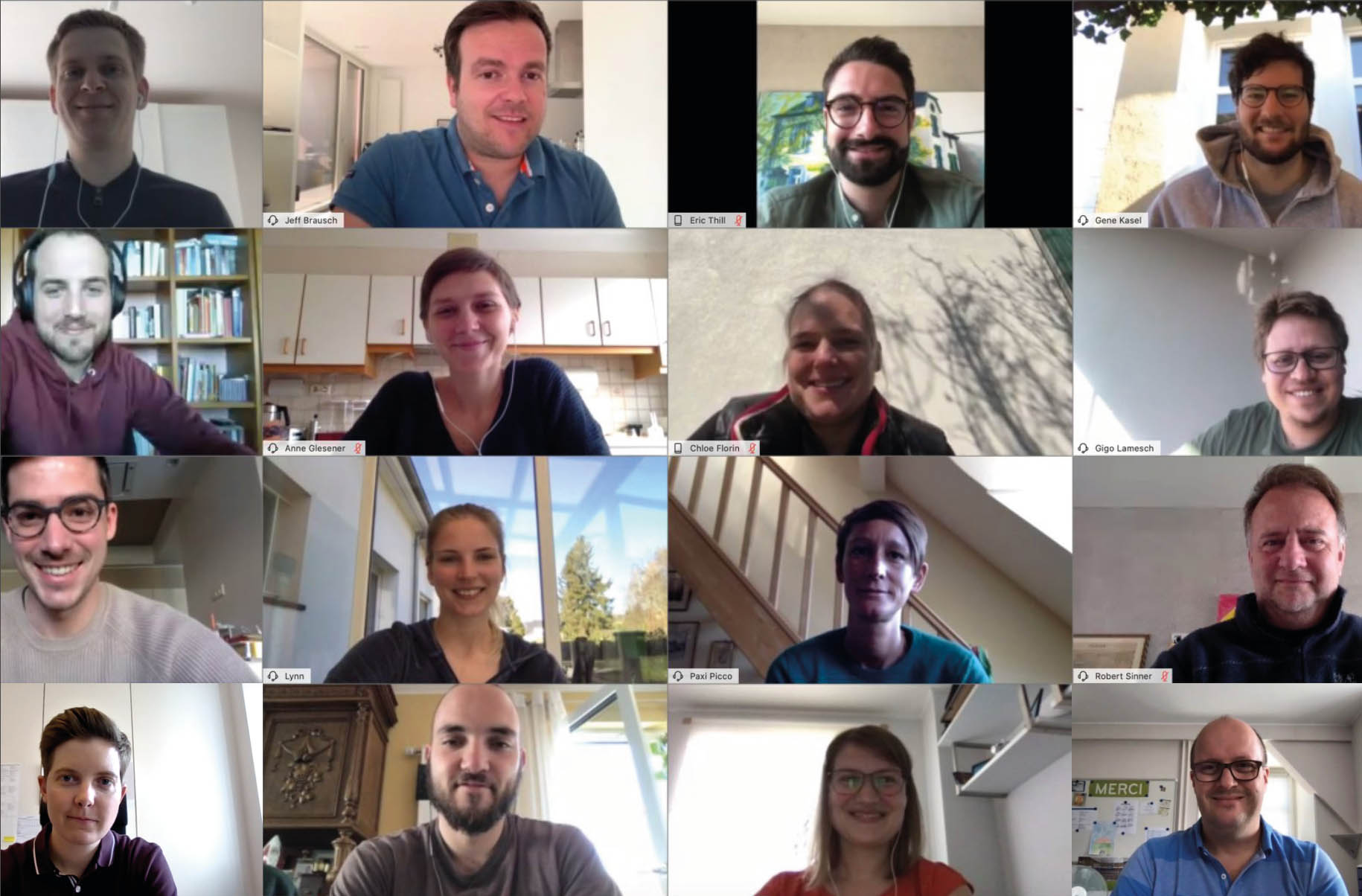Working from home? This has become a reality for many people over the past few months. And it works! At least that’s what a recent study of STATEC says. A big majority of the interviewees has made positive experiences with telework. Working from home primarily means saving yourself the travel to your workplace. It also means more time for family, friends, and hobbies. The employer also profits from this because the employees are happier and more motivated. A classic win-win situation!
The DP as pioneer
The DP fraction was already convinced of the advantages of teleworking even before the pandemic. Since the beginning of the year all team members have the right to work from home for two days of the week. The Minister of Civil Service Marc Hansen also didn’t need a virus, to initiate a selection of pilot schemes in different administrations.
In March the Minister then sent ten thousand people to work from home: a tremendous enterprise which was mastered in an exemplary way.
Fiscal incentives and a clear framework
We will continue to promote telework in the future, by creating fiscal advantages for the businesses and the employees that profit from telework. In the civil services, each employee currently has the right to three days of telework per week. At the same time, we will prevent that the social contact to the company and the colleagues will be lost. That’s why we advocate a legal framework which will establish the rights and obligations in a telework setting.
Working from home is of course also interesting for the 200,000 cross-border workers. The Minister of Finance Pierre Gramegna has accomplished that they can resort to telework until the end of the year, without suffering any fiscal disadvantages. We are determined to work towards each cross-border worker being able to profit from telework at least one day of the week in the future.









